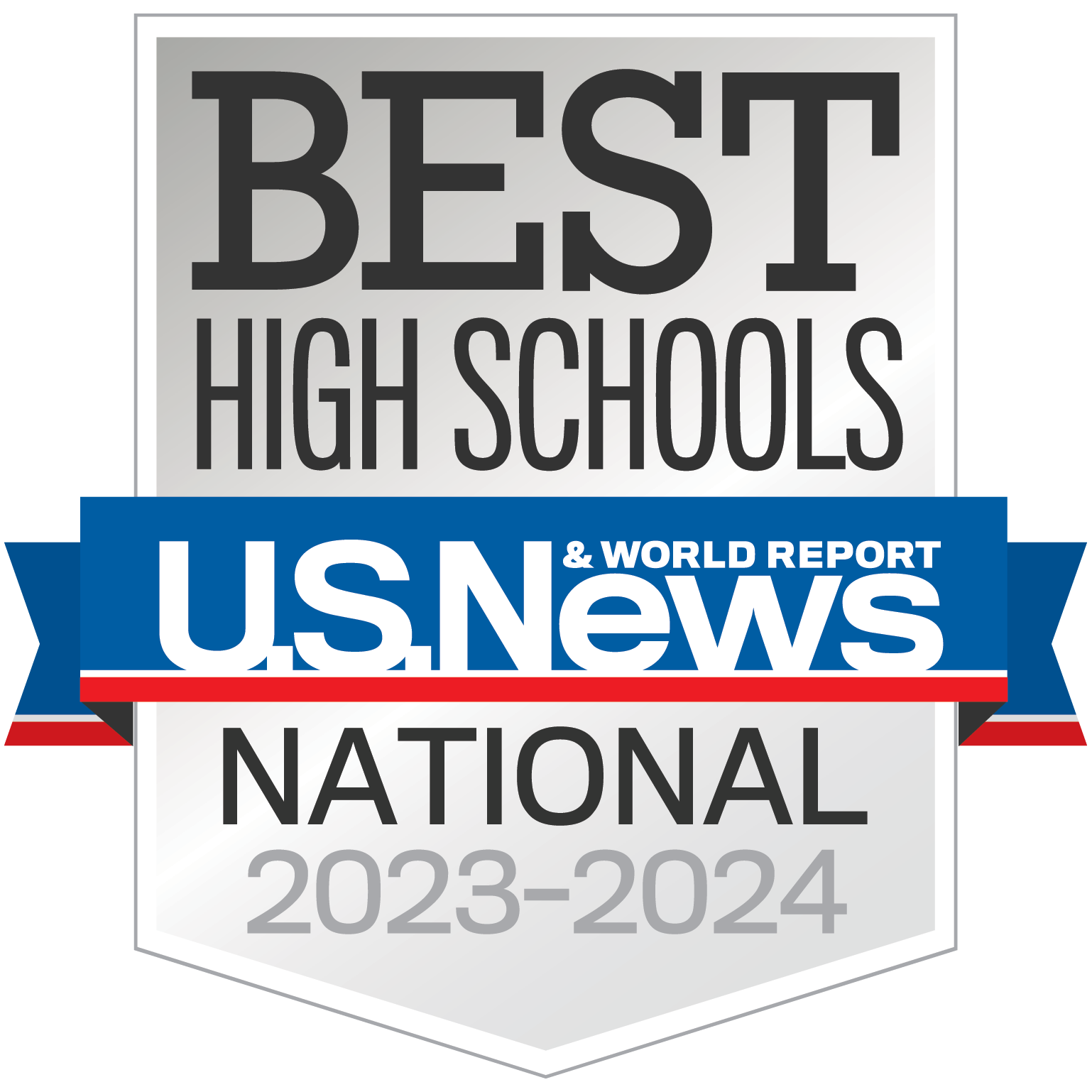How To Get Into An Ivy League School

Middle School:
Continue reading at all levels. Begin to emphasize writing and general communication skills. Watch for emerging leadership traits. Increase involvement with teachers and administrators. Consider taking the SAT I to qualify for advanced programs such as the Johns Hopkins Center for Talented Youth.
Ninth Grade:
GPA and class rank begin to accumulate. Schedule only the most challenging courses. Consider APs if they are available. Take an SAT I in January to get some testing experience. Excel in academics and extracurricular pursuits. Don't waste summer.
Sophomore Year:
Schedule APs where possible. Continue to develop extracurricular interests. Volunteerism and general community service now become important. What academic strengths are developing? Pursue them. Take another SAT in the spring. SAT Is in June? Writing skills and vocabulary should be sharpening. Plan a meaningful summer. Read books from college reading lists.
Junior Year:
More AP courses. Prepare for the PSAT (National Merit Scholarship Qualifying Test) in October. Parents' assets need to be positioned for maximum protection from financial aid assessment by December 31. Start looking at college candidates. Have six by summer (Reach, Ballpark, and Safeties). Visit the campuses. Prepare for SAT Is in January and May and Subject Tests in June. Start thinking about college application essays. Volunteer work and extracurriculars should be well developed by now. Begin college counseling. Summer should include something that relates to higher education.
Senior Year:
The big year. Still more APs. Send for college applications. Pick teachers for recommendations. Consider Early Decision or Early Action for your clear, first-choice pick. Need an October SAT I? It's essay time. Explore electronic applications. Learn to love your counselor. Get quality advice about the process. Keep meticulous details about your applications. Mark your calendar with important deadlines. Early Decision/Action letters arrive early-to-mid December. Regular decision letters arrive mid-March through mid-April. Learn how to negotiate financial aid offers. Enroll, be happy, and prosper. Work the summer for much-needed college dollars. Prepare for your interview.
SAT I:
Your first one can come as early as sixth or seventh grade. Most students who aspire to top colleges usually take their first SAT I in their ninth-grade or sophomore year. Don't wait until the spring of your junior year. A reasonable plan would be to take one in the spring of your sophomore year and then note the score comparison with the PSAT you'll take (usually) in October of your junior year. If your scores are on the low side, consider a coaching plan (books or courses). Then take another SAT I in January of your junior year. Depending on your performance in that test, you may want to schedule one more SAT I for May. Try to make the May test your last. In other words, hit your peak in May, if you haven't already done so. You shouldn't have to take a "desperation" SAT I in October of your senior year unless it's absolutely necessary.
SAT II:
Take your SAT IIs at the very end of the school year in which you've taken the specific subject on which you want to be tested. This is logical because your head will be filled with all that good subject knowledge. If you wait until the next school year to take the test(s), you'll have forgotten some stuff over the summer. Some students take five or six SAT IIs. That's admirable but not necessary.
Essays
Here's the weak link in many college applications. It's unfortunate because the essay can tip the scales when a college is trying to decide between two otherwise equally qualified applicants. Some students don't put much thought into their essays. This is a big mistake. Essays are crucial.
Most applications for competitive colleges ask the applicant to write a reasonably significant essay (in the 500-750 words range) about what is usually a broad topic. What colleges are looking for in the essay is an insight into how well the student thinks and how well s/he can articulate a point of view. The ultimate book on understanding application essays is Harry Bauld's little masterpiece, On Writing The College Application Essay. It should be required reading for all seniors applying to competitive colleges.
The main requirement for writing a convincing essay, aside from a command of the English language is to be who you really are. Find your "voice." Your voice is that writing style that lets your readers "hear" who you are. The key to finding your voice is to forget trying to write what you think the admissions people want to hear. Write what you want to say. Relax and make your essay approachable. Some application essays are so stilted they are painful and embarrassing to read.
Bauld's book will caution you on "dangerous" topics, those areas that can be hazardous to your admissions health. He discusses the importance of a strong lead, how to adapt one strong essay to suit a number of different essay questions, and the "voice" thing mentioned above. Don't underestimate the power of a well-written essay.
| School | Acceptance Rate | Early Action | Early Acceptance Rate | Top 10% of the High School Class | SAT (25/75 percentile) |
| or Decision | |||||
| Brown | 9% | Decision | 19% | 93% | 2000-2300 |
| Columbia | 6.90% | Decision | 20% | 97% | 2100-2330 |
| Cornell | 16.20% | Decision | 29.50% | 89% | 1310-1520§ |
| Dartmouth | 9.80% | Decision | 25% | 90% | 2030-2350 |
| Harvard | 6.30% | Action | 18% | 95% | 2080-2370 |
| Penn | 12.40% | Decision | 25.30% | 94% | 2060-2330 |
| Princeton | 7.90% | Action | 18.30% | 99% | 1410-1590§ |
| Yale | 7.10% | Action | 14% | 97% | 2120-2390 |
Resource:

